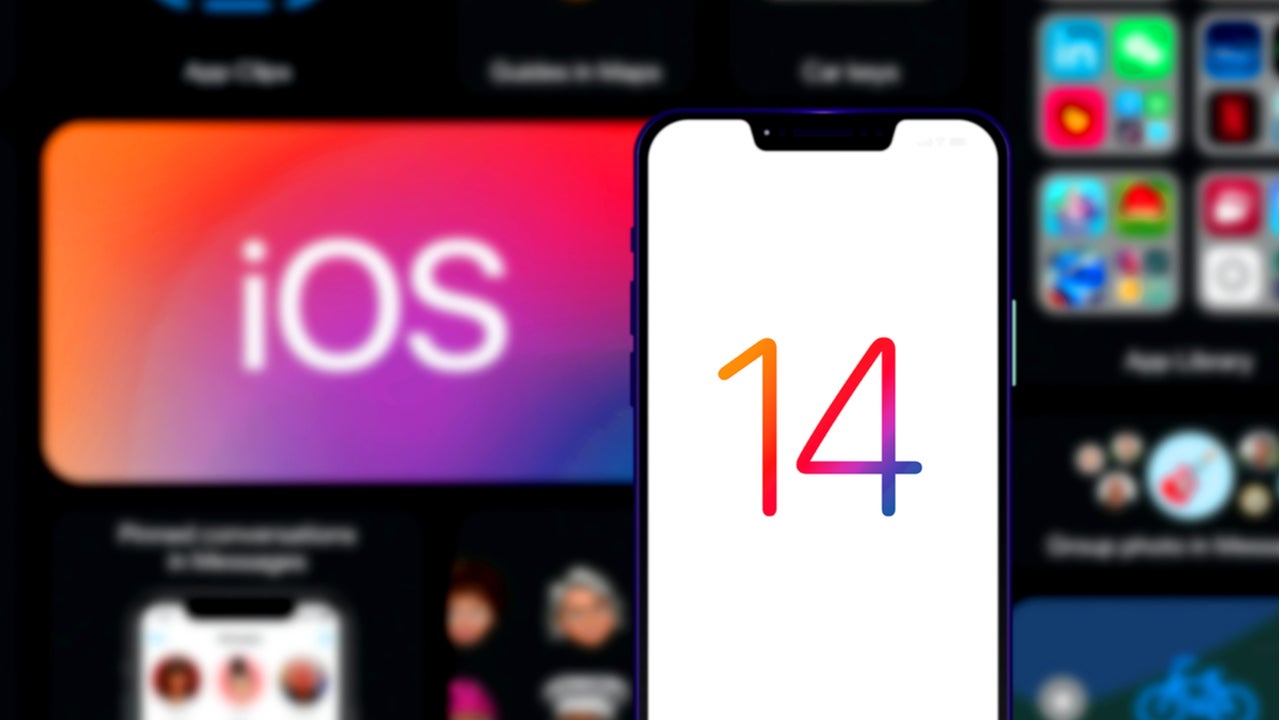After a backlash from app developers (including Facebook), the privacy update for iOS 14 has been delayed until ‘early 2021’, with no new date given for release. New features include an opt-in or opt-out option from IDFA (Identifier for Advertisers), which is used for targeted personalized advertising.
Developers are looking for alternative ways to track users, as the update threatens to upend mobile advertising. Around 70% of iOS users currently share their IDFA with apps, but this could drop to as little as 10% with the iOS 14 privacy changes.
Apple’s proposed privacy features are a proactive measure to protect user privacy, in the absence of specific regulation, and expose the access that advertisers have to mobile user’s data. This will be detrimental to ad-tech business models.
Mobile permissions in practice
Apple have prided themselves on protecting user privacy because they do not sell customer data, unlike Google which has an established ad platform profiting from user data. However, apps hosted on the Apple App Store contain third party SDKs (software development kits) within their app source code (in the app manifest XML files), which are used for personalized advertising. This means any permissions accepted by the iPhone user for a specific app, is also giving permission to third party advertisers.
There are different types of permissions, depending on how ‘dangerous’ they are to user privacy. ‘Normal’ permissions are granted automatically when a user downloads an app. Whereas ‘dangerous’ permissions, or ‘runtime’ permissions, which allow access to private user data, are accepted via in-app pop-ups. Users have to explicitly allow access, for example to their location or camera.
Apple’s proposed iOS 14 privacy features
The iOS 14 privacy update aims to provide more control and transparency over personal data. The update will see users receive a specific in-app prompt when an app wants to track a user across different apps or browsers. The user can then opt-in or opt-out of cross-app tracking using the device IDFA.
IDFA is a device identifier, operating like cookies for mobile devices. They are largely unregulated and allow advertisers to indefinitely track users activities across different apps and websites, usually to deliver personalized ads.
Apple will also release a privacy feature on the App Store, to help users understand the privacy practices of each app. A recording indicator will also appear at the top of the iPhone screen to indicate if an app is using your microphone or camera.
The iOS 14 privacy update will make users more acutely aware of permissions and create a more transparent and privacy-centric approach to targeted advertising.
Mobile advertising will take a hit
Apple and Google have a 99% global market share of the mobile OS market, with Apple controlling 71.93%. Mobile advertising will be severely impacted by the privacy changes, as Apple is a gatekeeper to the majority of the mobile market.
Apple received a backlash from Facebook CEO Mark Zuckerberg, who commented: “Apple has every incentive to use their dominant platform position to interfere with how our app and other apps work, which they regularly do to preference their own.”
App developers and advertisers are looking for different ways to hyper-target users, as the impending iOS 14 opt-in to IDFA will likely reduce access to troves of user data, altering their business models.








